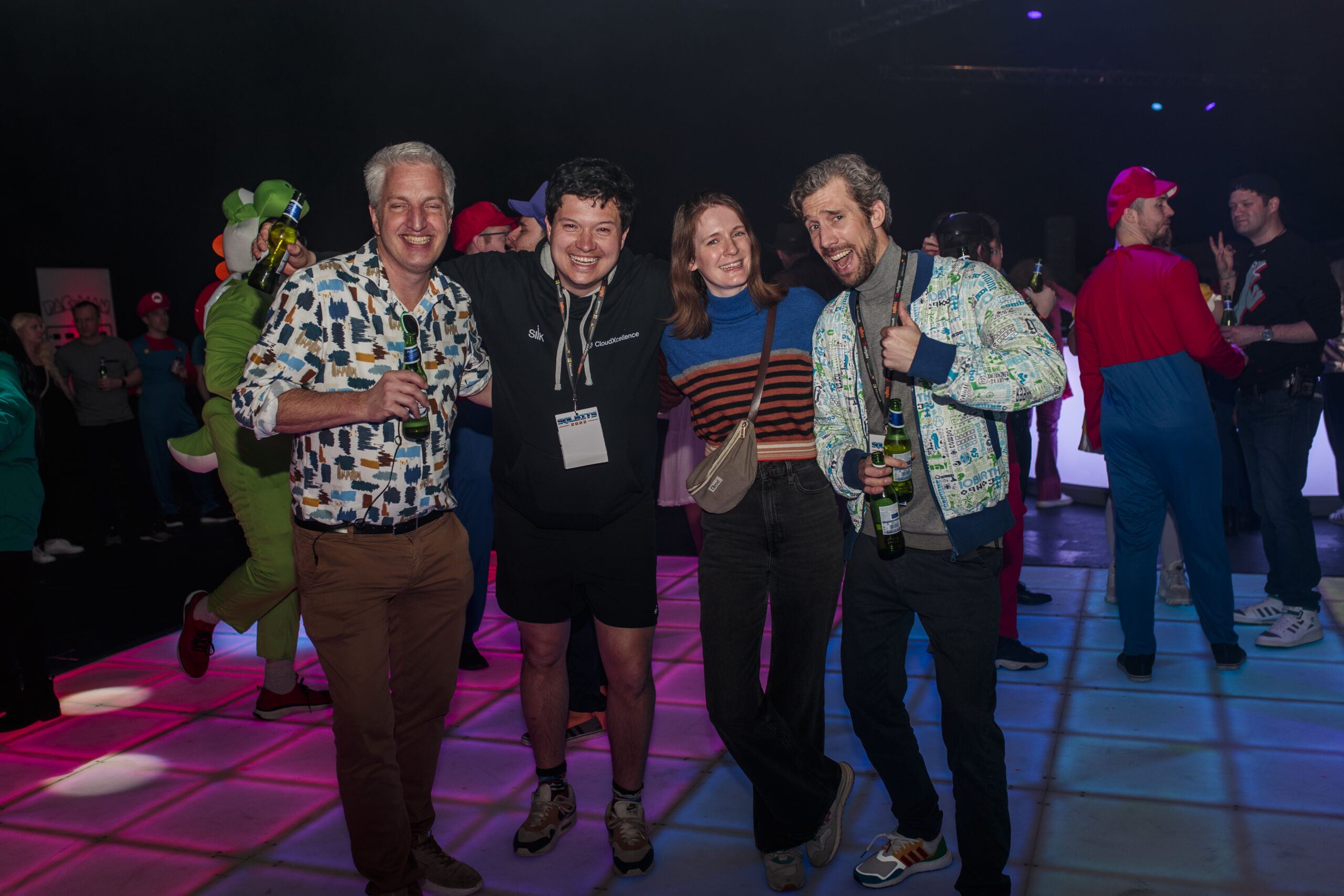This blog is a written-up version of Mala Mahadevan’s session at SQLBits 2023 called ‘Ageing gracefully through tech’. You can watch her session on YouTube here.
What is ageism?
Ageism, like racism and sexism, is a form of prejudice that discriminates against people based on their age. It encompasses negative stereotypes, biased feelings, and unfair treatment directed at someone simply because of how old they are. Ageism can affect people of all ages, from assumptions about a child’s capabilities to limitations placed on older adults. It can be woven into societal norms, workplace practices, and even our own self-perception. By understanding ageism, we can challenge these biases and create a more inclusive world for all generations. It can be aimed at both older and younger people, with the bias in tech being predominantly biased towards the older generation.
Evidence it exists…
- Age-based harassment claims in the US tripled between 1992 and 2017.
- Less than 11% of developers are over the age of 45.
- A report released by the Australian Human Rights Commission has found most Australians (90%) agree ageism exists in Australia, with 83% agreeing ageism is a problem and 65% saying it affects people of all ages.
- The strongest bias investors have against supporting tech business startups is based on age.
- Age bias in tech starts as early as 46 years old.
How to recognise ageism
- People in the workspace are being called names similar to ‘Dinosaur’ or “daft old bat”. This can be the same way for youth too – ‘young
- If your employer says they will not promote you because you’re ‘too old’. Likewise, if you won’t be hired for a job because of being too old/young.
- If your employer offers a training course only to recent graduates, this could constitute indirect discrimination, as it could exclude older employees.
- Being told you aren’t ambitious or fast enough in your work.
Outright or implied?
Acknowledge reality: Recognising that reality often caters to specific age groups is crucial. This awareness helps you anticipate potential bias, whether outright discrimination or implied limitations. By expecting it, you can navigate these situations with less emotional shock and be better prepared to challenge them.
What is the average age of people on your team? While directly asking someone’s age might not be ideal, you can gather clues through conversation. Their language choices, historical references, or musical preferences can offer hints. However, it’s important to remember that these are just indicators, not guarantees. Avoid making assumptions based on stereotypes, as people’s experiences and tastes can vary greatly across generations.
Do they respect how you work? In a perfect world, our teams would fully understand how we each learn and work best. But sometimes, despite different learning styles, a true sense of teamwork isn’t there. The key is to approach these situations with a collaborative spirit, not a competitive one. If your team isn’t currently adapting to different learning styles, remember, it’s not a reflection on you. Focus on open communication and suggest ways your preferred learning methods can be incorporated. By working together, you can build a more respectful and effective team environment.
How do we cope?
- Know your rights – (UK) (USA) (AUS)
- Understand your value
- Add value outside your role
- Use community support (Hey, #SQLFamily)
- Keep your CV/Resume updated and modern
- Keep learning!
